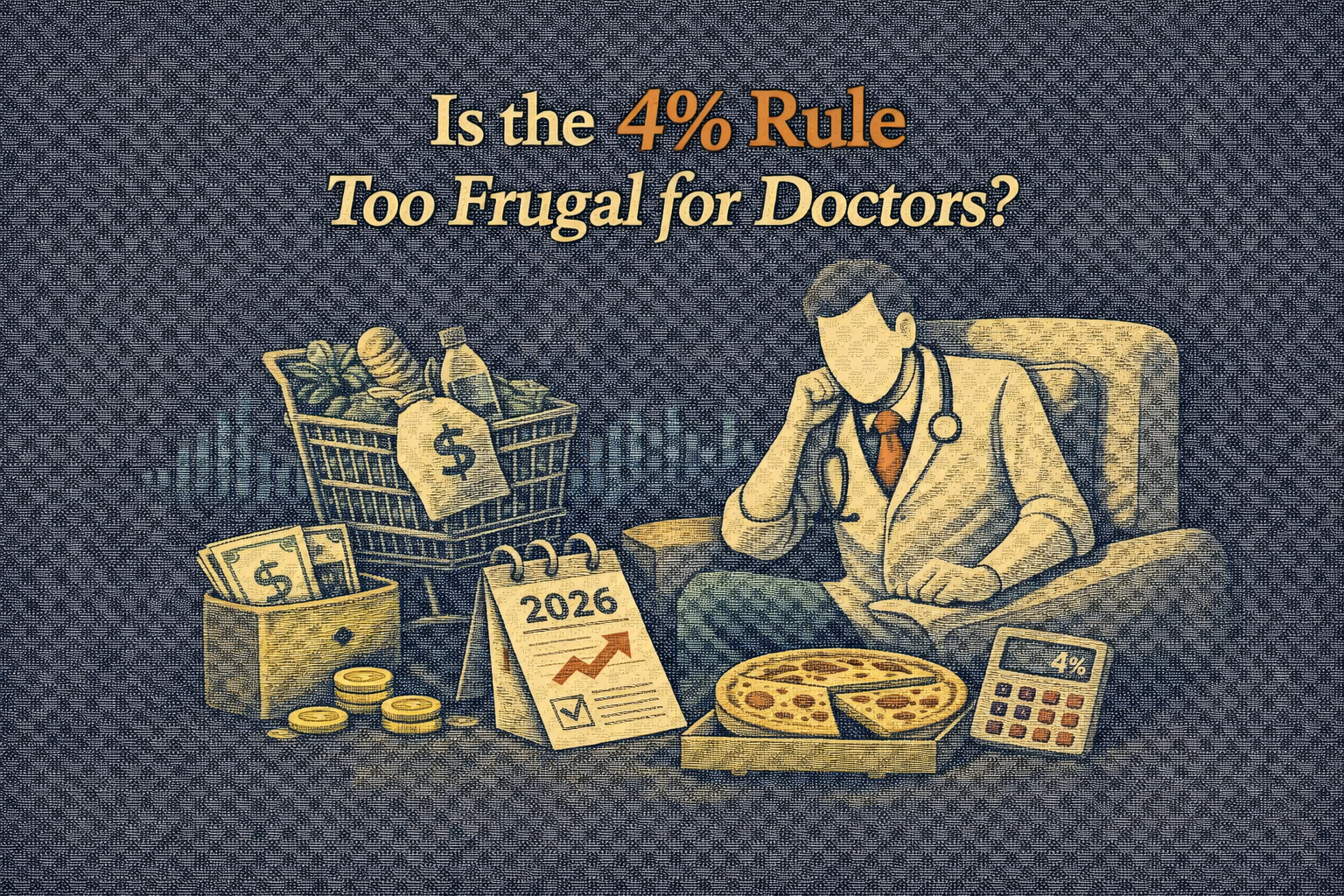Private Equity has outperformed global stock markets over the past 25 years, although that’s not a guide to the future. However, until recently, it was strictly off-limits to private investors unless you had tens of millions to spare. Fortunately, that’s changing.
Everyone wants to be Warren Buffett. Or at least, own Berkshire Hathaway and sit back while it compounds quietly into retirement. But here’s the trillion-dollar question: can you engineer Buffett-like returns without the Buffett brain?
For nearly 25 years, Vanguard has offered exchange-traded funds (ETFs) to its investors as a share class for many of its mutual funds. With this structure, which also made their mutual funds equally tax-efficient to their ETFs, they were also able to offer Vanguard investors free conversions of their mutual funds to the ETF share class.
Under the “One Big Beautiful Bill Act” — budget legislation that would achieve some of President Donald Trump’s priorities, like extending tax cuts mainly benefiting the wealthy — some 10.9 million Americans would lose health insurance by 2034.
While the bill touches nearly all aspects of American life, for students, borrowers, and parents, the education provisions will bring the most immediate impact. From new limits on how much families can borrow for college to a new class of education savings accounts (Trump Accounts), the bill will massively overhaul how higher education is both saved for and paid for.
We wrote about the bill that just became law. Read about the legislation that curtails healthcare access to millions.
In the rest of the country, expensive housing is mostly concentrated around major metro areas, outside a few hotspots like South Florida and the Blue Ridge Mountains. But in the West it seems to be everywhere.
Speaking of housing, here’s what the cabin represents: living off grid, free from the shackles of urbanism and city noise, away from the toils and burdens of everyday capitalism. But is it really as it seems, or just another internet-manufactured dream, like the tradlife?
Many people race towards financial independence without thinking through the possible consequences. As a result, they can end up creating a lifestyle that prioritizes money over everything and leads to increased stress. This hasty pursuit of financial independence is not just unnecessary, but sometimes counterproductive.
There are only two types of people when it comes to money problems:
- People who spend too much.
- People who hate spending money.
But the money itself is not the end goal. The end goal is what you want to do with it to give yourself a rich life.
Which type are you? Tell us in the comments!
Striking it rich at an early age can warp your sense of reality. Obviously, no one is going to turn down a life-changing amount of money at a young age, but you have to be careful if that’s your goal.
For the second year in a row, the U.S. News & World Report has named Nurse Practitioner (NP) as the #1 job in America. It’s a win-win-win for patients, for clinicians, and for a system that’s desperate for reinforcements. But headlines rarely tell the full story.
If you’re pursuing FIRE, every underpaid year doesn’t just cost you money; it costs you time. Under-earning compounds too, unfortunately. It’s invisible in the moment, but it adds up fast.
That’s why making smart, informed choices about compensation is the single most powerful FIRE lever you have, but only if salaries are transparent.






